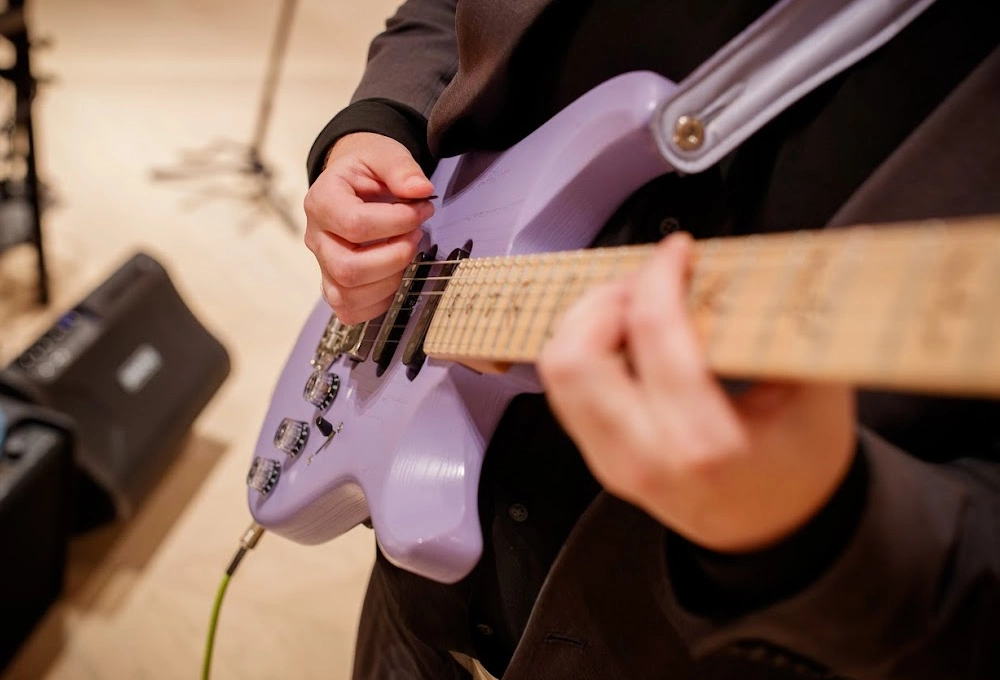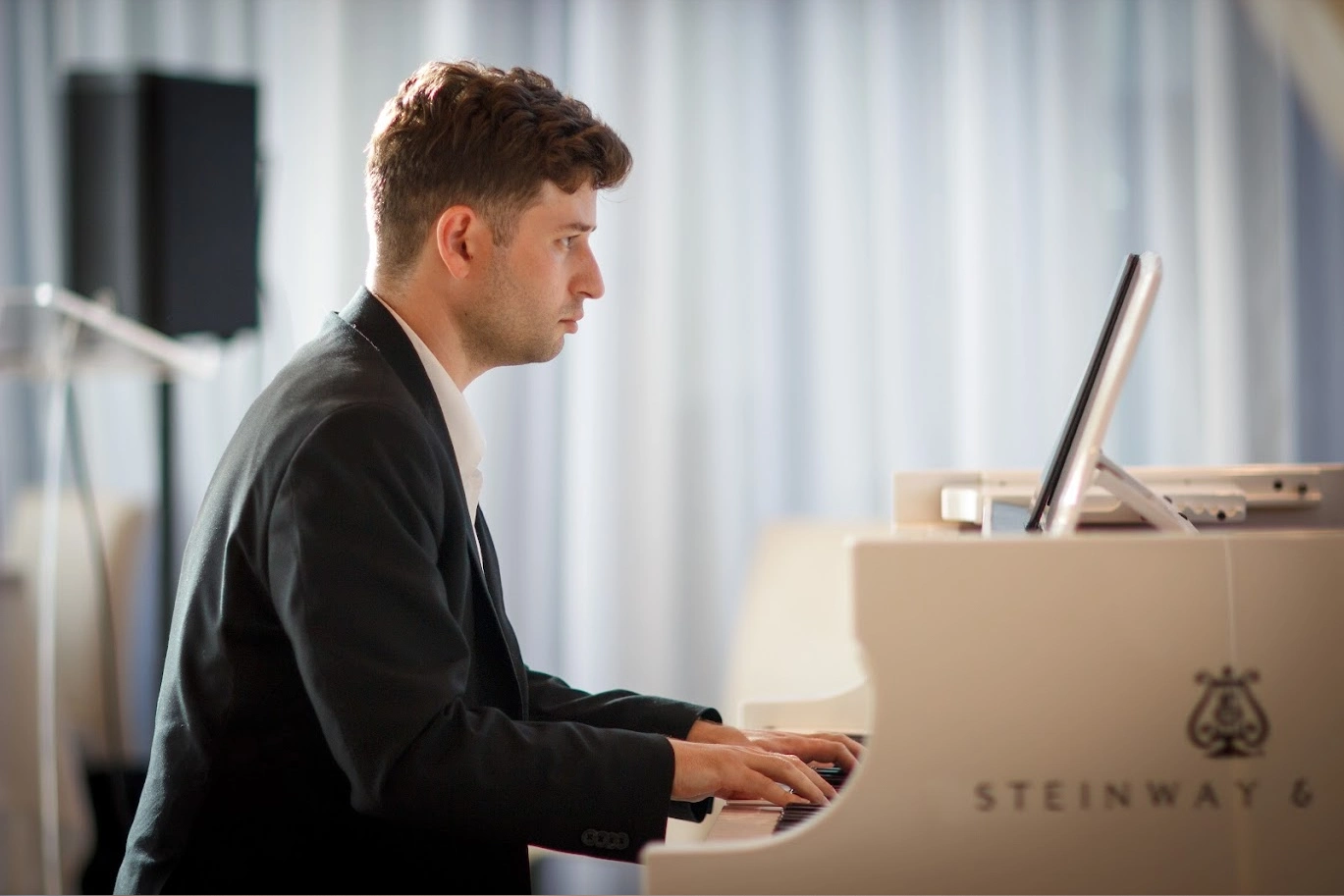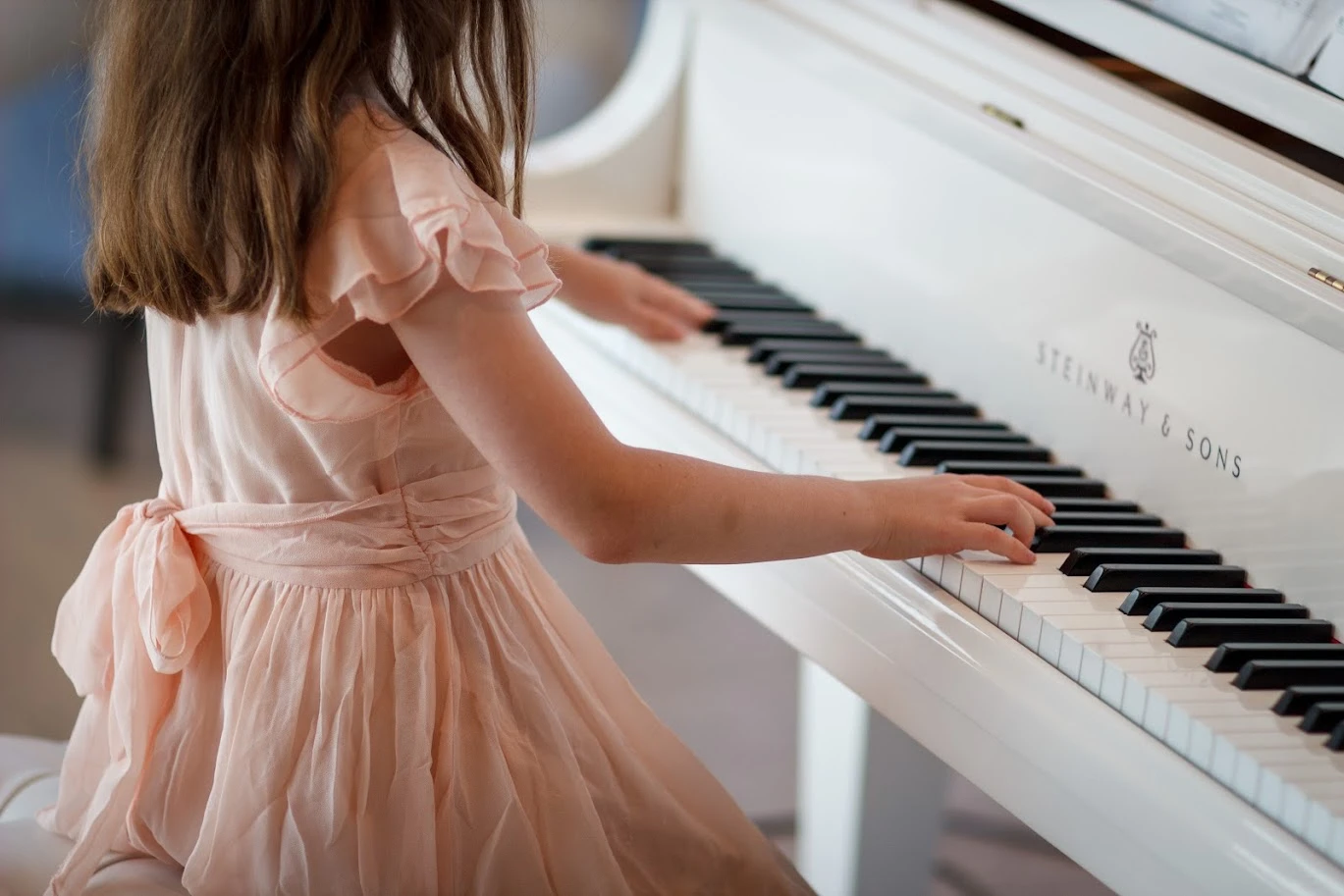You have probably heard it said that music has many benefits for the brain. This concept has almost become a gimmick used to sell music classes. We should begin by stating that we don’t believe students should study music as a way to get a few higher points on their math test. Even though its increasingly clear that music classes have positive academic side effects, we believe the art of music is of such great value to culture, and to uplift the human spirit, that its side benefits should not be a primary reason for study. Nevertheless, this article will demonstrate some hard science and fascinating details about the side effects of studying music.
Academic Improvements Associated with Music Classes
Recent research from Northwestern University found that even limited childhood music classes have incredibly positive effects on the brain. A study of older adults who took music classes as children reveal that these adults have biologically younger brains, in the areas of sound and memory. The study goes on to demonstrate that children who consistently study music are superior in reading, have better attention spans and improved memory skills, all the fundamentals of academic success.Nina Kraus, Ph.D from Northwestern describes why:“The auditory system is the temporal expert of the brain, and we see that kids who have good reading skills, kids that have good rhythmic skills, and kids who play music are the ones for whom sound is processed in a consistent and stable manner.”The research found that its not simply listening to music that creates these brain changes, but playing and practicing an instrument. Making the sound to meaning connections and coordinating the body in the learning of music seems to be fundamental to these brain changes.
Mood Regulation
In addition, a study by James Hudziak, a professor of Psychiatry at the University of Vermont found that music classes has a huge impact on mood regulation.A study of 232 healthy children ages six to 18 looked at the brain specifically for differences between those who played instruments and those who did not. The findings suggest that the longer a child trains on a musical instrument, the better the child’s mood regulation. “ it accelerated cortical organization in attention skills, anxiety management, and emotional control. Hudziak goes on to mention that “A kid may still have ADHD, its the storm around it that improves”.
What Physically is Happening When Playing an Instrument
Finally, here is an interesting list of each region of the brain, and how it is simultaneously lit up when playing a musical instrument. There is no other activity that has quite the same effect of engaging all aspects of the brain.

- The Broca’s Area:
- This region enable speech, and is the part of the brain that expresses music when playing an instrument.
- Wernicke’s Area
- This part of the brain is used to analyze and really enjoy music.
- Occipital Lobe
- This region processes what we see. Its been discovered that musicians often visualize the scores when they listen to music. This is the part of the brain that makes that possible.
- Cerebellum
- This coordinates motion and muscle memories.In advanced alzheimer's patients, its been discovered that they can play their, even if theyhave forgotten the faces of their family. This part of the brain is responsible for those muscle memories that never fade.
- Nucleus Accumbens
- This is responsible for pleasure and rewards, and releases dopamine into the brain.Its been discovered that music activates this part of the brain, in a similar sense as addiction.
- Amygdala
- Controls emotions. Have you ever listened to music and felt fear or pleasure? The great film composers can change your emotions in an instant, the Amygdala is the part of the brain responsible for that experience.
- Hippocampus
- Retrieves memories.Music seems to increase neurogenesis in the hippocampus, leading to improved memory.
- Hypothalamus
- Maintains the body status quo, regulates sleep, body temperature and heart rate, metabolism, and a variety of other functions. Music has a direct effect on this aspect. Its been proven that heart rate and blood pressure reduce when listening to Mozart.
- Corpus Callosum
- This part of the brain enables your left and right to coordinate together.Clearly essential for any pianist!
- Putamen
- Rhythm Processing. Music tends to increase dopamine to this region of the brain. This causes the listenerto become more responsive to rhythm. Amazingly this also has an effect to stop the symptoms of Parkinson’s disease when the patient listens.To learn more about our music classes please visit us here: Music Lessons at Angeles Academy
.svg)
.svg)
.svg)
.svg)
.svg)
.svg)





.svg)